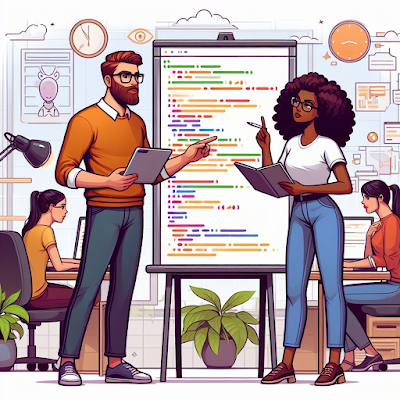A Note on Root-Finding

5 minute read. Have you ever accidentally advanced the state of the art in a field that's not your specialty? I'd guess it's more common than we expect, since people in this situation don't generally know how to publicize their findings. I'm going to relate my own small example, in hopes someone who needs it can find it. Recently I found myself in need of a root-finding algorithm - I was working with signed distance functions, which have one sign for points inside a volume and the other sign for points outside and I needed to find the surface where that function is zero. These functions are not necessarily true Euclidean distance, so I figured I would need an iterative method to find the closest zero-crossing along a particular line. At first I write a bisection routine: I had a point on each side with opposite signs, so just evaluate the midpoint and repeat on the half that still has opposite signs until the desired precision is reached. Simple enough, but it seeme...




